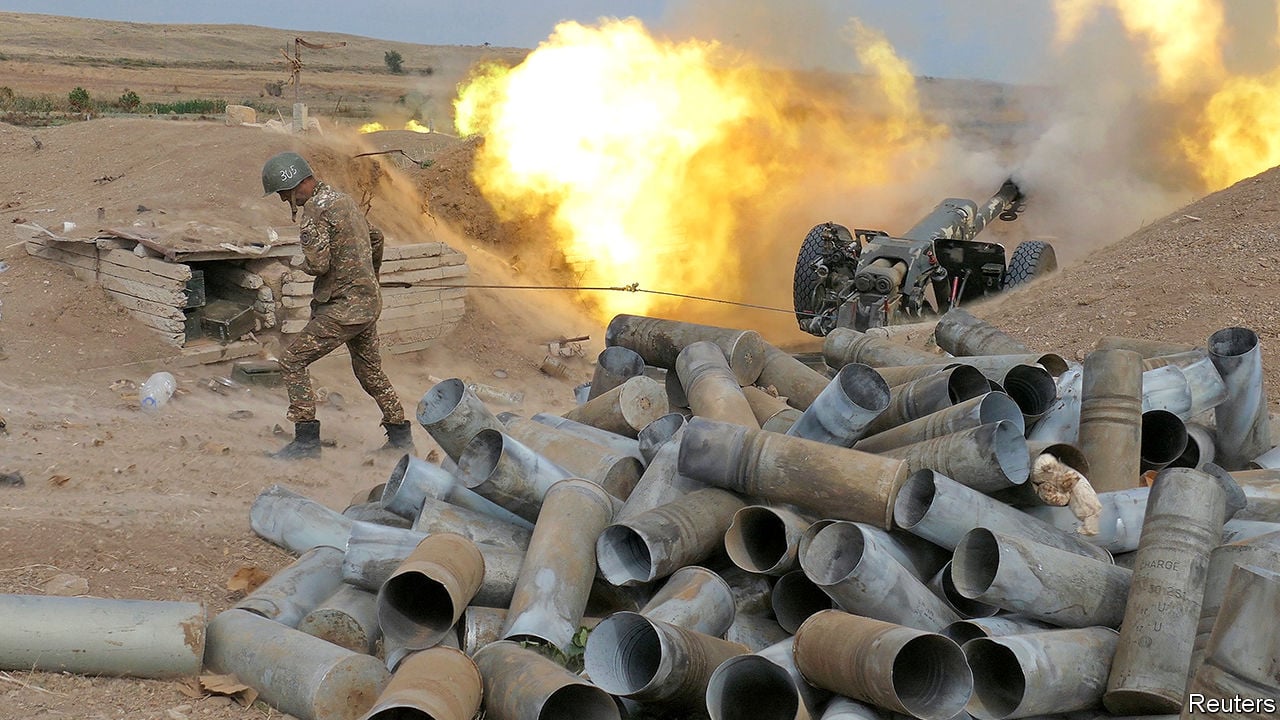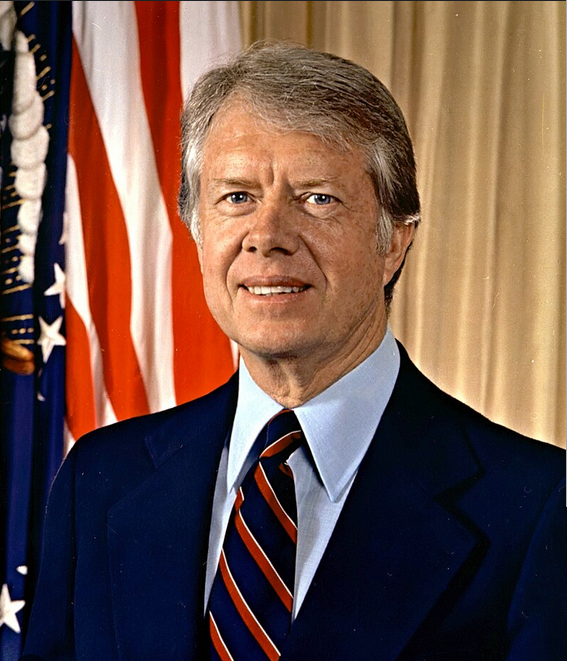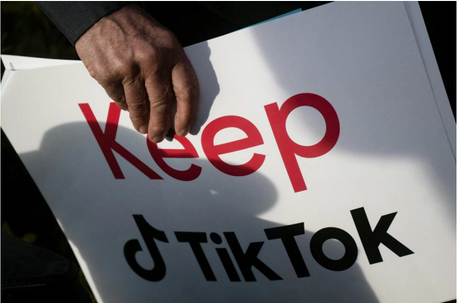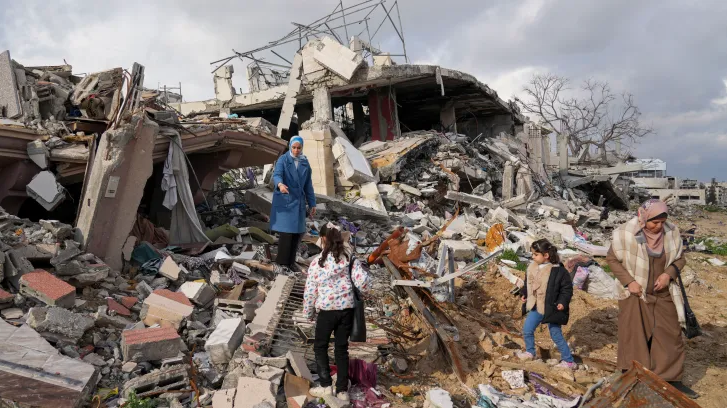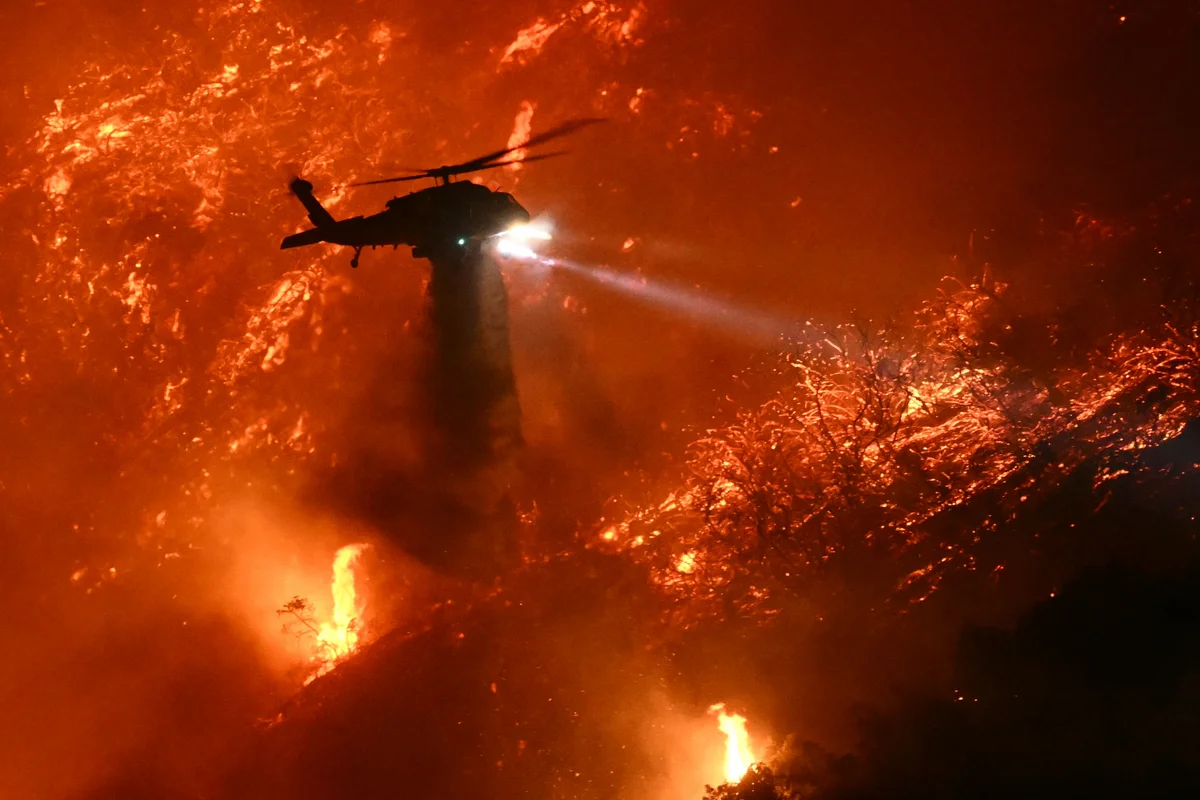The annexation of Nagorno-Karabakh between Azerbaijan and Armenia is a historically-rooted conflict, drawing many parallels with the conflicts at the present moment.
The Nagorno-Karabakh region is a small parcel of land located between Armenia and Azerbaijan. Dating back to the dawn of the Soviet era, Nagorno-Karabakh was historically and ethnically Armenian. During the formation of the Soviet Republics, the Nagorno-Karabakh autonomous oblast (NKAO) was officially added to the Azerbaijan Soviet Socialist Republic in 1922.
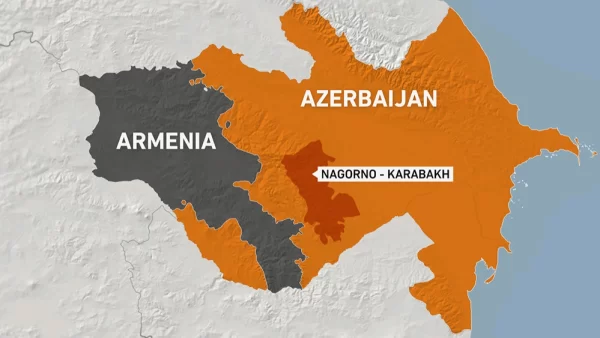
Known to the Armenian people as Artsakh, petitions by the NKAO government to secede from Azerbaijan were denied by Soviet leaders in 1988, leading to the first Nagorno-Karabakh War. This war ended in victory for Armenia and the NKAO. Artsakh proclaimed its independence in 1991 during the war, which would last until 1996 from a Russian ceasefire.
Despite diplomatic efforts since the first Nagorno-Karabakh War, disputes over the Azerbaijan-Artsakh border resulted in tension and frequent bloodshed throughout the decades. However, this region would find itself embroiled in conflict during September of 2020.
A forty-day war between Artsakh, supported by the Armenian government, and a Turkish-backed Azerbaijani offensive to reclaim lost territory, ensued with casualties in the thousands on both sides. Due to Russia’s inability to intervene, being preoccupied with the war in Ukraine, Artsakh was militaristically disadvantaged.
Since the war, Azerbaijan has managed to reclaim a percentage of the region. During the war, Stepanakert, the Republic of Artsakh’s capital, was captured by Azerbaijani forces, which resulted in the surrender of many more towns within the region.
Most recently, a mass exodus of ethnic Armenians to Armenia resulted from a blockade in the Lachin Corridor for the previous 9 months. The corridor is the only route of passage connecting Artsakh to Armenia. The blockade prevented the transportation of necessities such as food and medicine.
Claims of an Azerbaijani-led attempt at ethnic cleansing of Nagorno-Karabakh have been issued by numerous human rights organizations as the Armenian population has dwindled due to this increase in aggression. However, Azerbaijan denied these claims in a case before the International Court of Justice, stating that the departure of Armenians was voluntary and they welcome Armenians as well as their own people in the region.
Economic interests in an oil-rich Azerbaijan and a strong allyship with Turkey, a powerful NATO member, has influenced the world’s nearly mute response and delayed reaction to the conflict. Other wars involving larger global players or greater civilian populations, such as Russia and Ukraine and Israel and Hamas, have also influenced the lack of coverage. The conflicts that have plagued the Nagorno-Karabakh region have devastated the region economically, socially, and politically, and there seems to be no end in sight.

